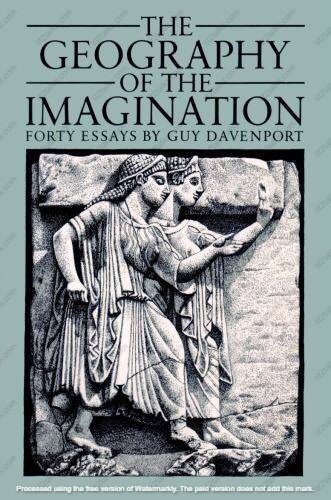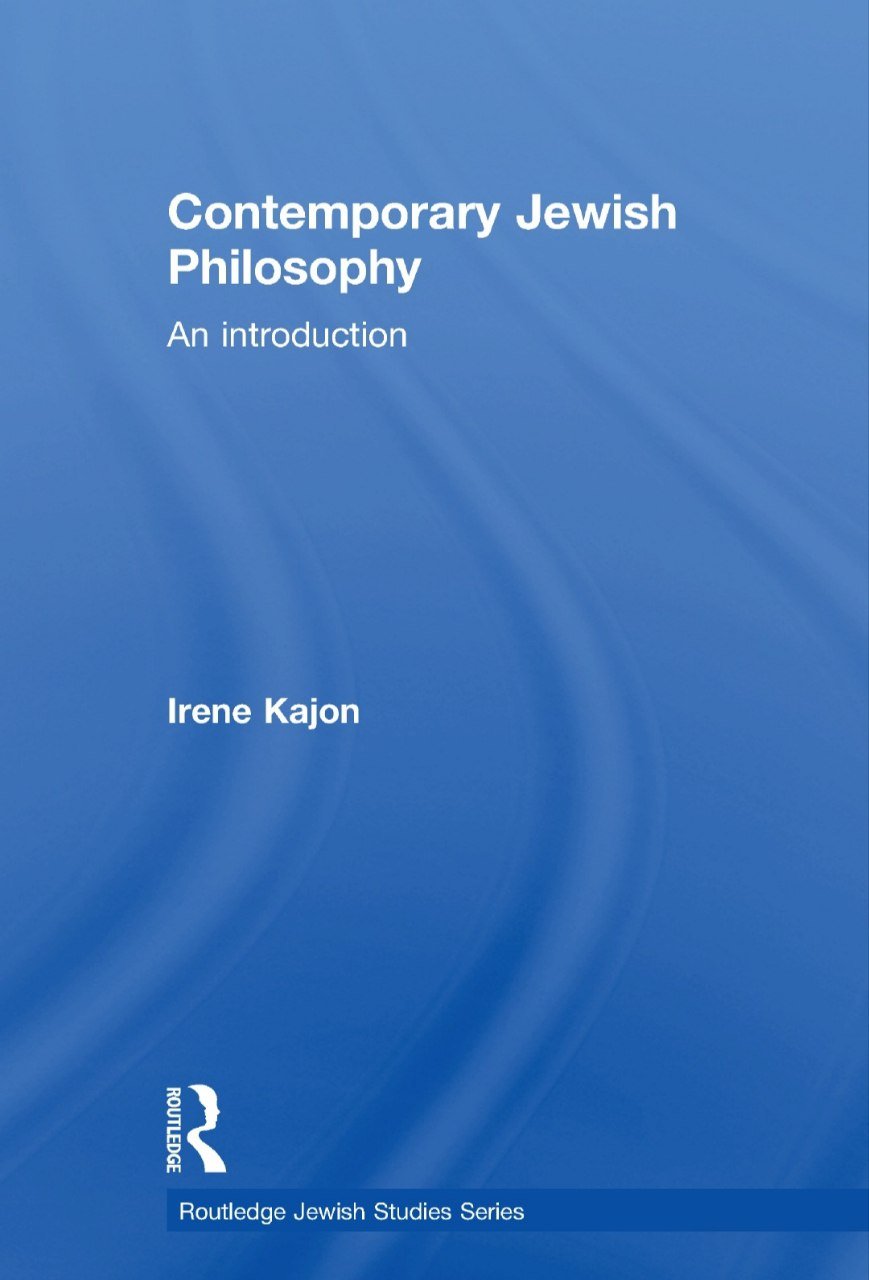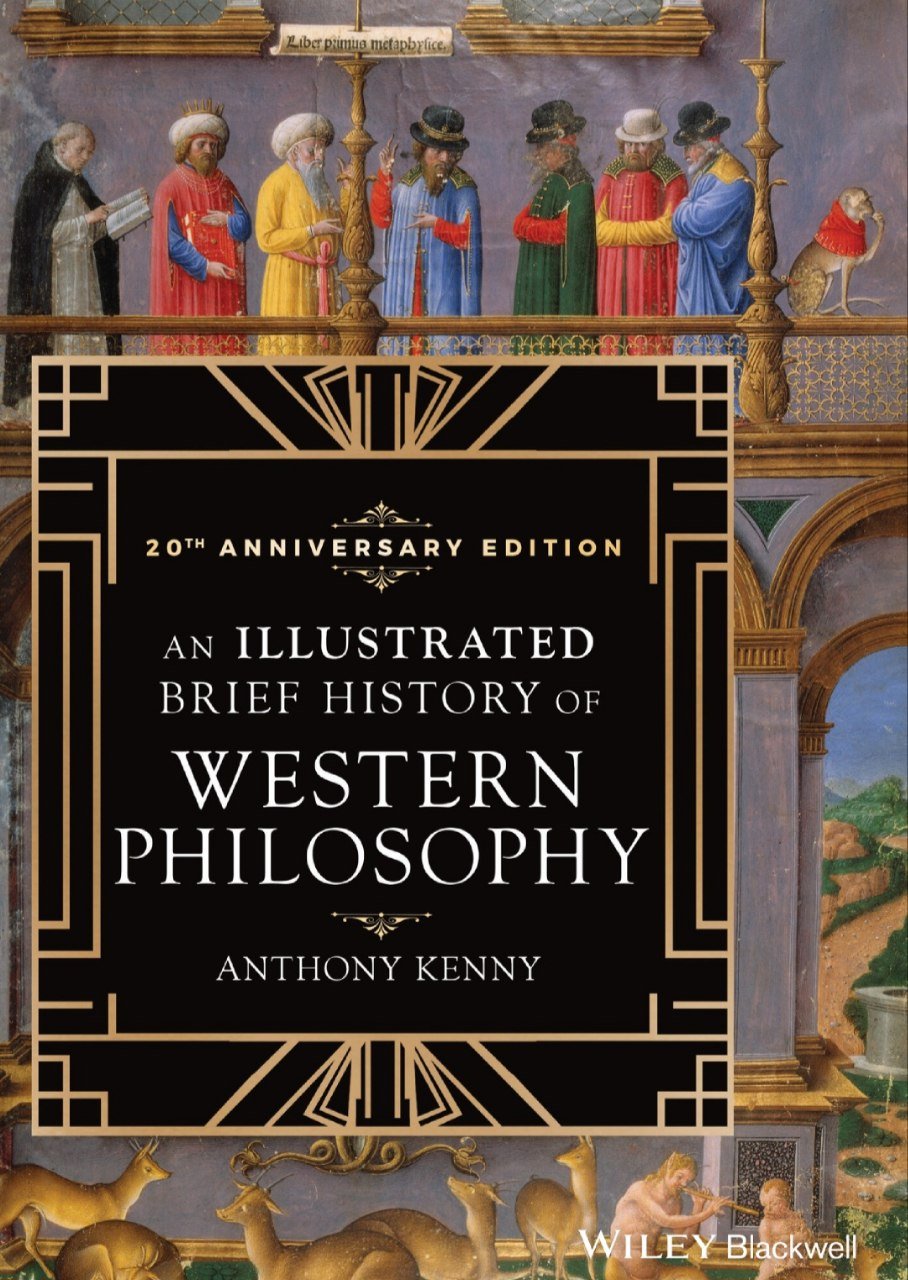

The Crisis of Parliamentary Democracy by Carl Schmitt
Reviews
No review yet. Be the first to review this book!
Description
"The Crisis of Parliamentary Democracy" by Carl Schmitt is a critical examination of liberal democracy and the ideals underpinning the parliamentary system. Written in 1923 during a period of political instability in Germany, Schmitt argues that the core principles of parliamentary democracy—openness, rational debate, and compromise—are in crisis. He contends that the legitimacy of parliament rests on the belief that rational discourse can lead to the common good, but in practice, this ideal has been undermined by political parties, interest groups, and propaganda, turning debate into a struggle for power rather than truth. Schmitt critiques the liberal emphasis on discussion and deliberation, claiming it fails in times of deep political division and existential threats. He contrasts democracy with liberalism: while democracy emphasizes identity and homogeneity within a political community (the rule of the people), liberalism prioritizes individual rights and procedural fairness. Schmitt warns that this tension makes parliamentary democracy inherently unstable, especially in times of crisis when decisive leadership is required. He suggests that true political authority cannot rely solely on debate and must be capable of making sovereign decisions, particularly in emergencies. Ultimately, Schmitt’s work lays the groundwork for his later theories on sovereignty and the "state of exception." While he doesn’t outright reject democracy, he argues that the parliamentary form, as envisioned by liberal thought, is inadequate for the challenges of modern politics. His critique remains influential—and controversial—for its incisive analysis of liberal democracy’s weaknesses and its implications for authoritarianism and sovereign power.




 May 03, 2025
May 03, 2025




 May 03, 2025
May 03, 2025






 May 03, 2025
May 03, 2025
 May 03, 2025
May 03, 2025




.jpg)


.jpg)









.jpg)
.jpg)
.jpg)
.jpeg)

.jpeg)




.jpeg)

















.jpg)

.jpg)




.jpeg)















.jpeg)
.png)



.jpg)















































